Composable architectures and MACH not failing companies, what’s often missing is organisational readiness
There’s a wave of frustration among some business and tech leaders around composable architectures and MACH, with criticisms including it’s too complex, too expensive, and “we tried, and it didn’t work.”
But here’s the hard truth: what’s often missing is organisational readiness. So says Mobarak Said, a business technologist, MACH ambassador, and former Colleague Domain Optimisation Lead at H&M.
In a LinkedIn post, he said: “It’s not just about swapping out tech, it’s about transforming how your teams work, how they collaborate, and how they think. MACH isn’t a plug and play solution. It demands an intentional shift in people, process, and culture. Composable can become complex and expensive, but usually as a direct result of poor strategy, unclear ownership, and lack of alignment across the business and tech.”
He added: “Success doesn't lie in choosing MACH; it lies in adapting your organisation to it. Without that evolution, you’re just lifting and shifting your old ways into a new stack, and that’s never going to deliver the agility, flexibility or speed you’re chasing.”
“If MACH didn’t work for you, ask: Did you rethink your operating model?; Did you invest in the skills, mindset and culture in your organisation to match the architecture?; Did your people buy into the change, or did you just push the change top-down? Because technology alone never transforms a business. People do. If you do not evolve your culture, mindset, and operating model in conjunction with your architecture, then you are not truly implementing composable practices. You’re just changing tools.”
Responding to the LinkedIn post, Isabell Aakervik, Chief Expansion Officer at Sitoo, said: “Totally agree with this, the mindset is crucial when it comes to making composable architecture and MACH work in your business. It’s not just about the tech, it’s about being ready to think differently, work smarter, and move faster. When the mindset is there, MACH becomes a true game changer.”
She added: “Just look at Rally House, they implemented and rolled out Sitoo’s PoS and Unified Commerce Platform across their almost 200 stores in just four months from contract to full roll-out, and saw an instant ROI. This is a brilliant example of what’s possible when you embrace the MACH approach and align your teams around it. Change doesn’t have to be hard when you have the right mindset and the right partners. Be brave, embrace the shift and start your MACH journey today!”
VTEX
Earlier this year, VTEX Founder and Co-CEO Mariano Gomide de Faria announced that his company was temporarily suspending support of the MACH Alliance, a non-profit profit group whose members include software vendors, systems integrators, agencies, and individual experts known as "ambassadors", advocating for open technology ecosystems.
This sparked some lively debate, with the MACH Alliance President, Casper Aagaard Rasmussen requesting an open conversation, and others sharing similar sentiments of composable commerce regret.
The VTEX boss said the firm will continue to support MACH, the day it stands for the following topics: Lean and simple architecture; OOTB fully connected software ecosystem; No middleware or minimal middleware integration layer; Defend the best interest of retailers and brands (not the provider's best interest).
He commented: “The MACH Alliance emerged with noble intentions, promising to break the stranglehold of monolithic platforms through its gospel of microservices, API first, cloud native, and headless architectures. Its vision of modular commerce - stitching together 'best-of-breed' solutions - appeared revolutionary at first glance (and it has been for some). But what began as a technical liberation movement has instead led us down a treacherous path paved with hidden costs, operational nightmares, unfulfilled promises, and financial ruin.”
He added: “Let's be brutally honest: The pure best-of-breed MACH approach has created as many problems as it has solved. What began as a crusade for technical freedom has morphed into a complex web of challenges:”
And he concluded: “The MACH Alliance served its purpose in breaking us free from monolithic thinking. Now it's time to break free from MACH dogma itself. The future belongs to organisations that can balance technical capability with business reality, creating solutions that don't just work in theory but deliver in practice.”
“The future is based on highly connected (OOTB connections) backbones that provide a sustainable, reliable, and business driven solution Let's stop chasing composable extremism and start building solutions that work for business.”
In the comments section, Jenna Flateman Posner, Co-founder/Vice Chair at Retail AI Council, said: “MACH promised freedom from monoliths, but for many, it delivered complexity, rising costs, and integration pain. The vision isn’t flawed, but the reality demands more maturity and clarity than most were prepared for. IMO.”
Ben Nelson, Growth & Partnerships Director at Tech Eco Hub, meanwhile, observed: “Thanks for sharing, Mariano. A breath (of much needed) fresh air! MACH was created (in a London pub) to make a change and compete with the commerce gorillas. But over the last couple of years they have changed and delivered on the key ask to deliver OOTB functionalality that works 24/7 across all seasons then adapt, extend and augment with best-of-breed to meet key business requirements aka best of both.”
Board member; agency founder; entrepreneur; investor, Dilip Keshu, stated: “I felt MACH took itself too seriously and I was alarmed when so many people jumped on to the bandwagon. We (at BORN) tried and thankfully were rejected. MACH has its day in the sun but like all sunrises and sunsets, there are new days, times and trends that follow.”
Whilst Christopher Bousquet, Commerce Practice Lead at DefinedLogic, weighed in to the debate with some sympathetic words for the under fire group. “Interesting perspective. I don't know that MACH is deserving of the antagonism here, though. It is an advocacy group. Faulting them for poor execution of a composable experience seems akin to blaming VH1 Saves the Music for bad pop music on the radio. MACH's principles hold up, academically,” he argued.
Healthy debate
Casper Aagaard Rasmussen told RTIH: “We always welcome healthy debate, but some recent discussions have missed the mark on what MACH actually represents. MACH isn’t a rigid framework, nor is it an outright rejection of traditional architectures. At its core, it is a set of guiding principles - an architectural approach that prioritises flexibility, scalability, and innovation when applied strategically to the right scenarios.”
“The real issue here is the misconception that MACH is an all or nothing approach. That’s simply not the case. MACH empowers organisations to create adaptable, high performing technology ecosystems while fostering autonomy and reducing dependencies. However, forcing it across an entire enterprise without considering business context, constraints, and long-term strategy is a misstep.”
“MACH has evolved significantly, and the companies that truly understand its value see it as a tool for smarter architectural choices, not a rigid doctrine. This discussion shouldn’t be framed as MACH versus monoliths - it should be about using the right principles to achieve meaningful business outcomes.”




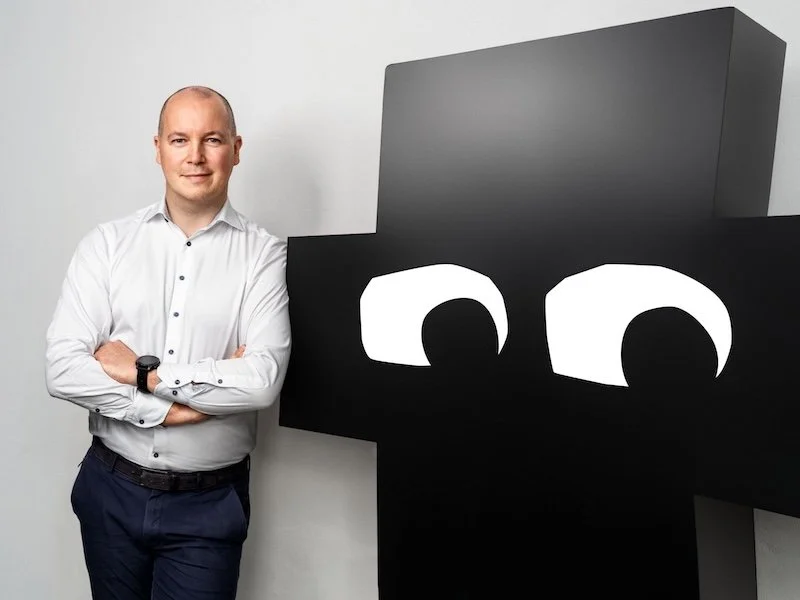


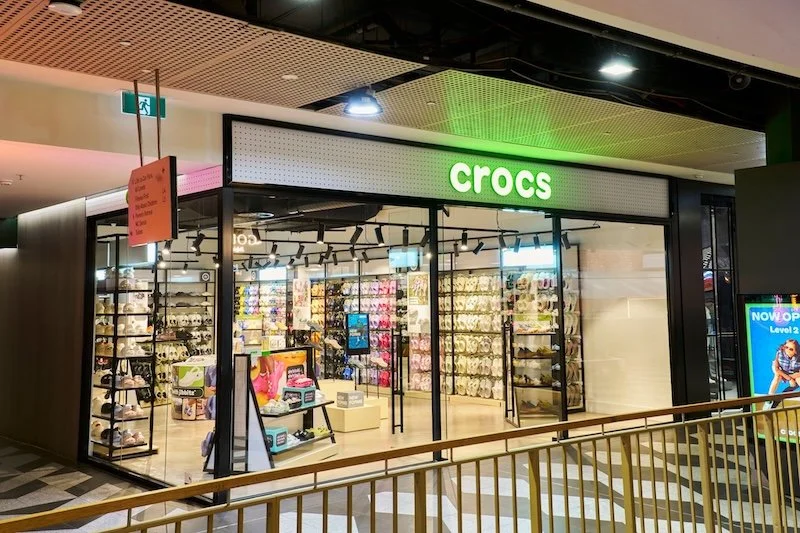
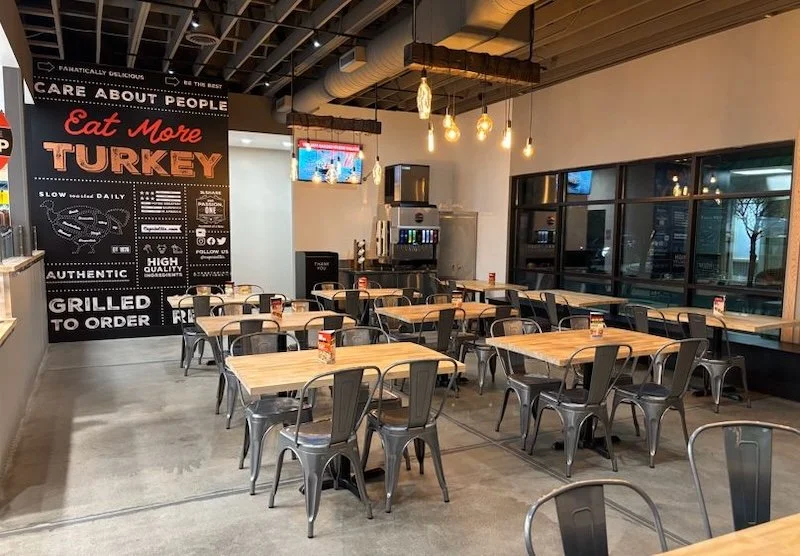
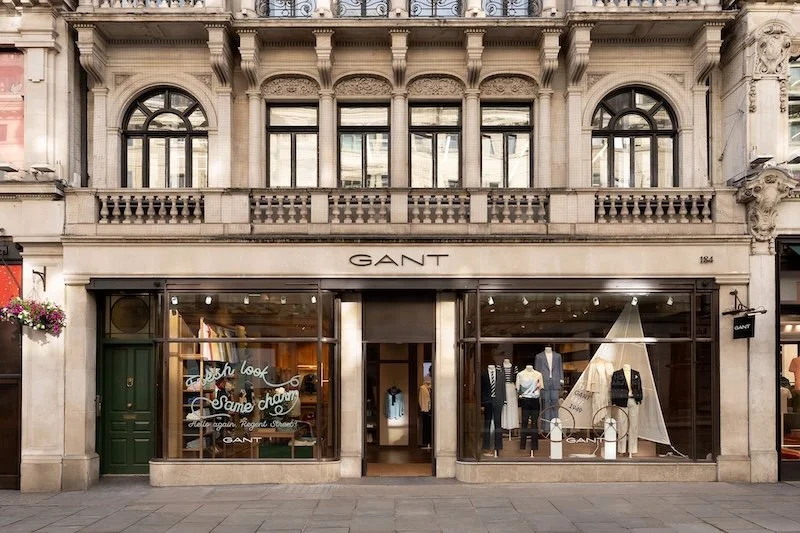
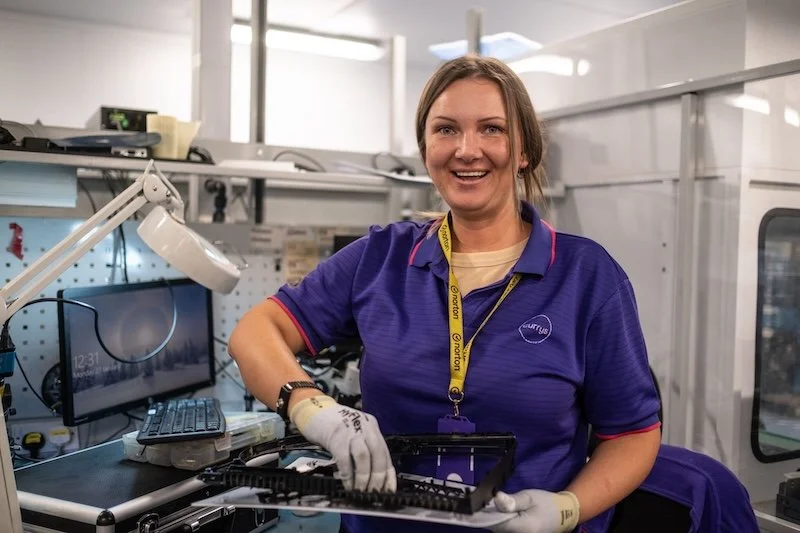




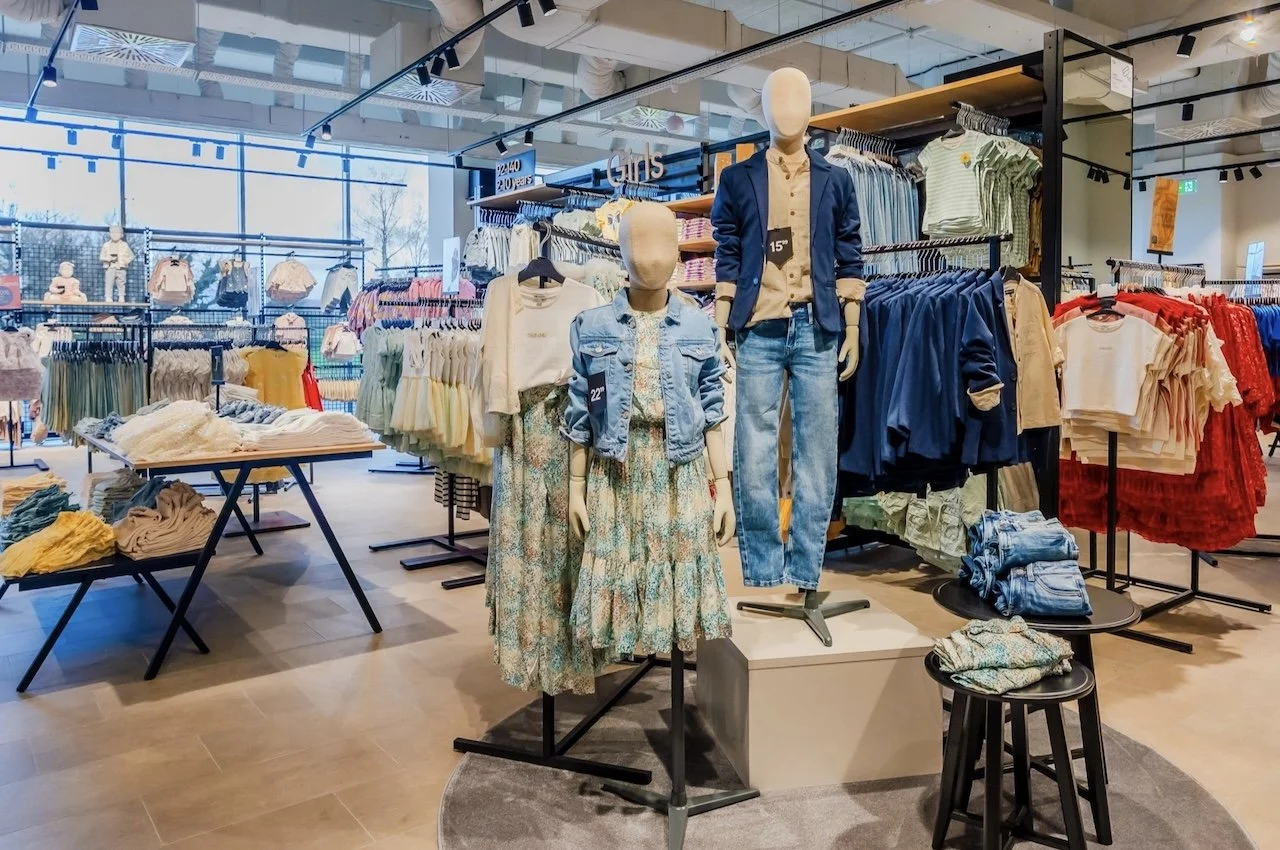



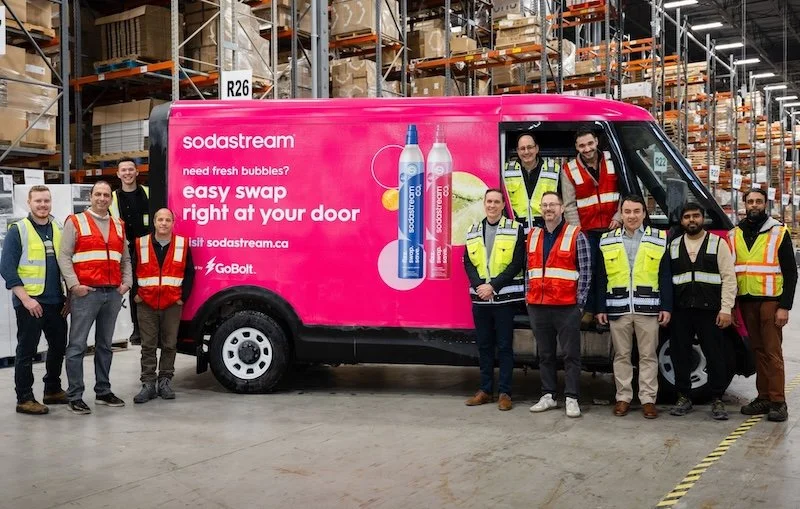




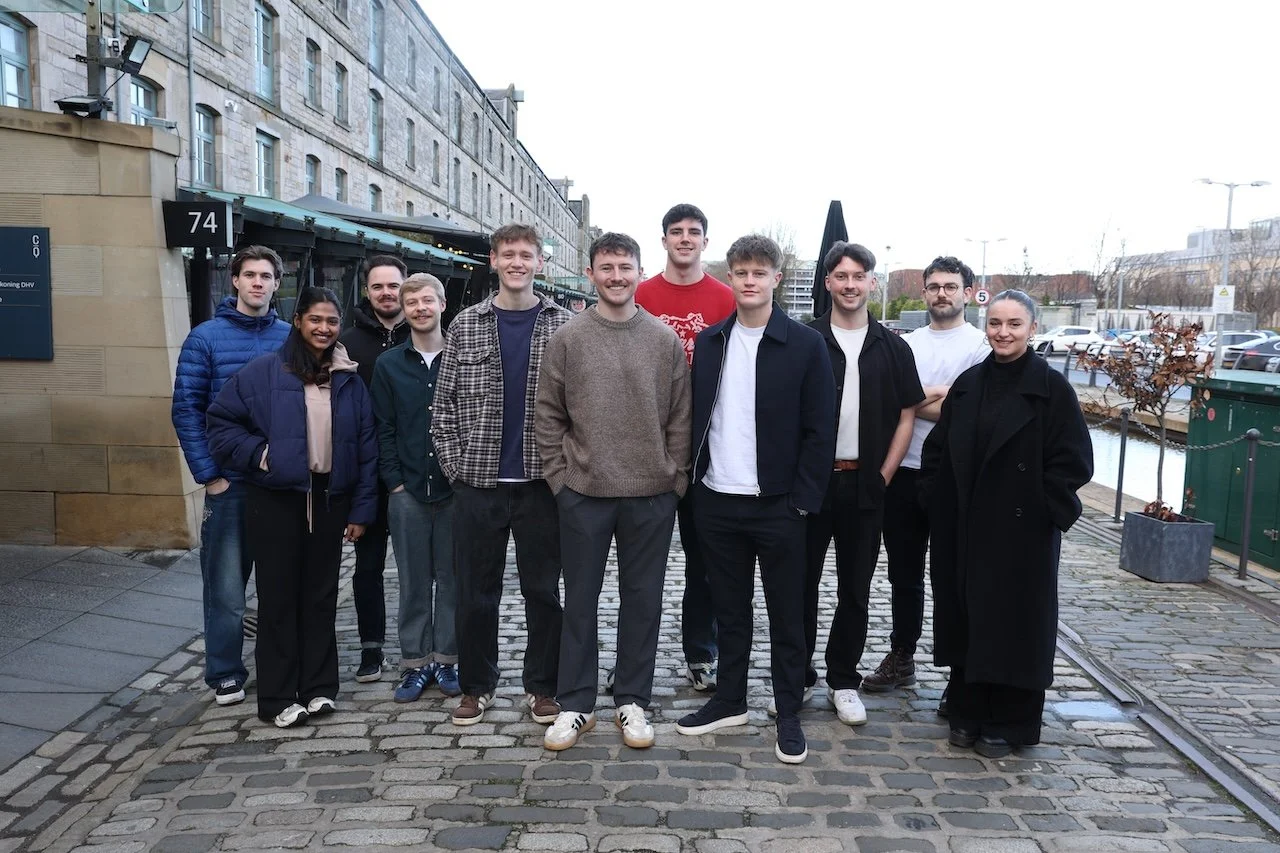



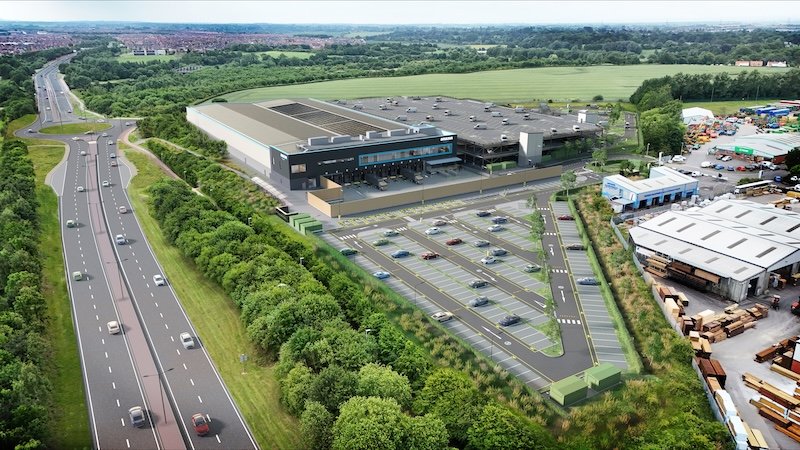


Continue reading…